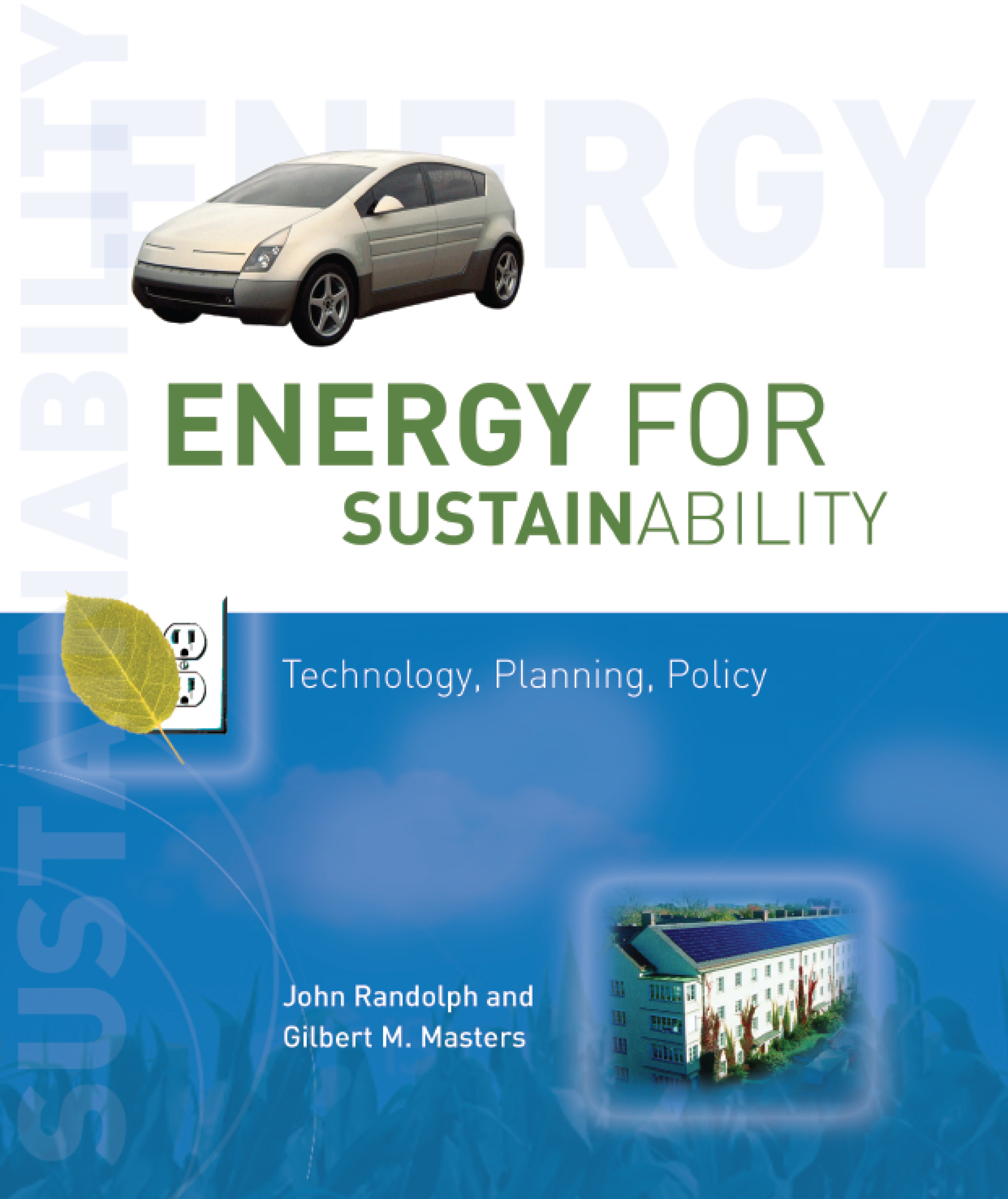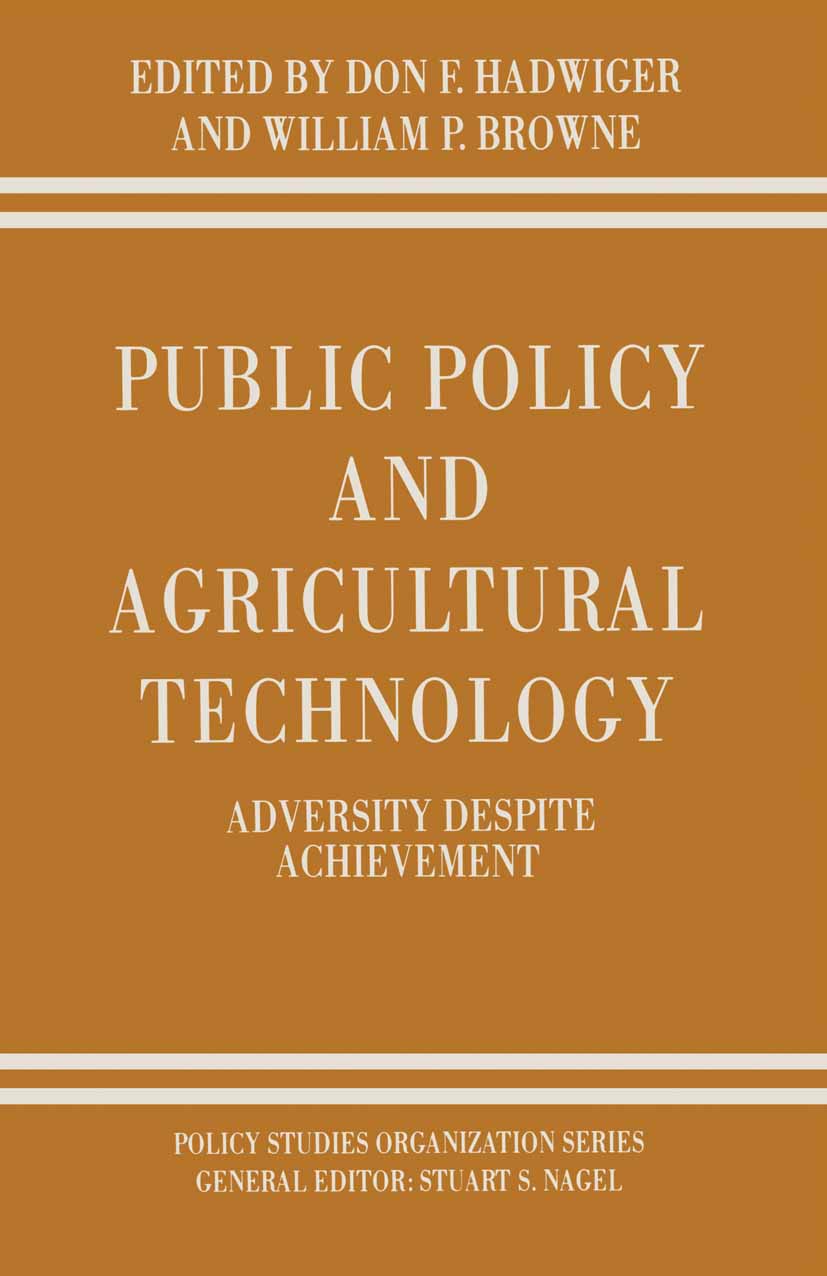Climate Change and Food Security with Emphasis on Wheat
Climate Change and Food Security with Emphasis on Wheat
Climate Change and Food Security with Emphasis on Wheat is the first book to present the full scope of research in wheat improvement, revealing the correlations to global issues including climate change and global warming which contribute to food sec...
Read more
Climate Change and Food Security with Emphasis on Wheat is the first book to present the full scope of research in wheat improvement, revealing the correlations to global issues including climate change and global warming which contribute to food security issues. Wheat plays a key role in the health of the global economy. As the world population continuously increases, economies modernize, and incomes rise, wheat production will have to increase dramatically to secure it as a reliable and sustainable food source. Since covering more land area with wheat crops is not a sustainable option, future wheat crops must have consistently higher yields and be able to resist and/or tolerate biotic and abiotic stresses that result from climate change. Addressing the biophysical and socioeconomic constraints of producing high-yielding, disease-resistant, and good quality wheat, this book will aid in research efforts to increase and stabilize wheat production worldwide. Written by an international team of experts, Climate Change and Food Security with Emphasis on Wheat is an excellent resource for academics, researchers, and students interested in wheat and grain research, especially as it is relevant to food security. Covers a wide range of disciplines, including plant breeding, genetics, agronomy, physiology, pathology, quantitative genetics and genomics, biotechnology and gene editing Explores the effect of climate change on biotic stresses (stripe rust, stem rust, leaf rust, Karnal bunt, spot blotch) on wheat production and utilization of biotechnology Focuses on whole genome sequencing and next-generation sequencing technologies to improve wheat quality and address the issue of malnutrition in developing world
Less


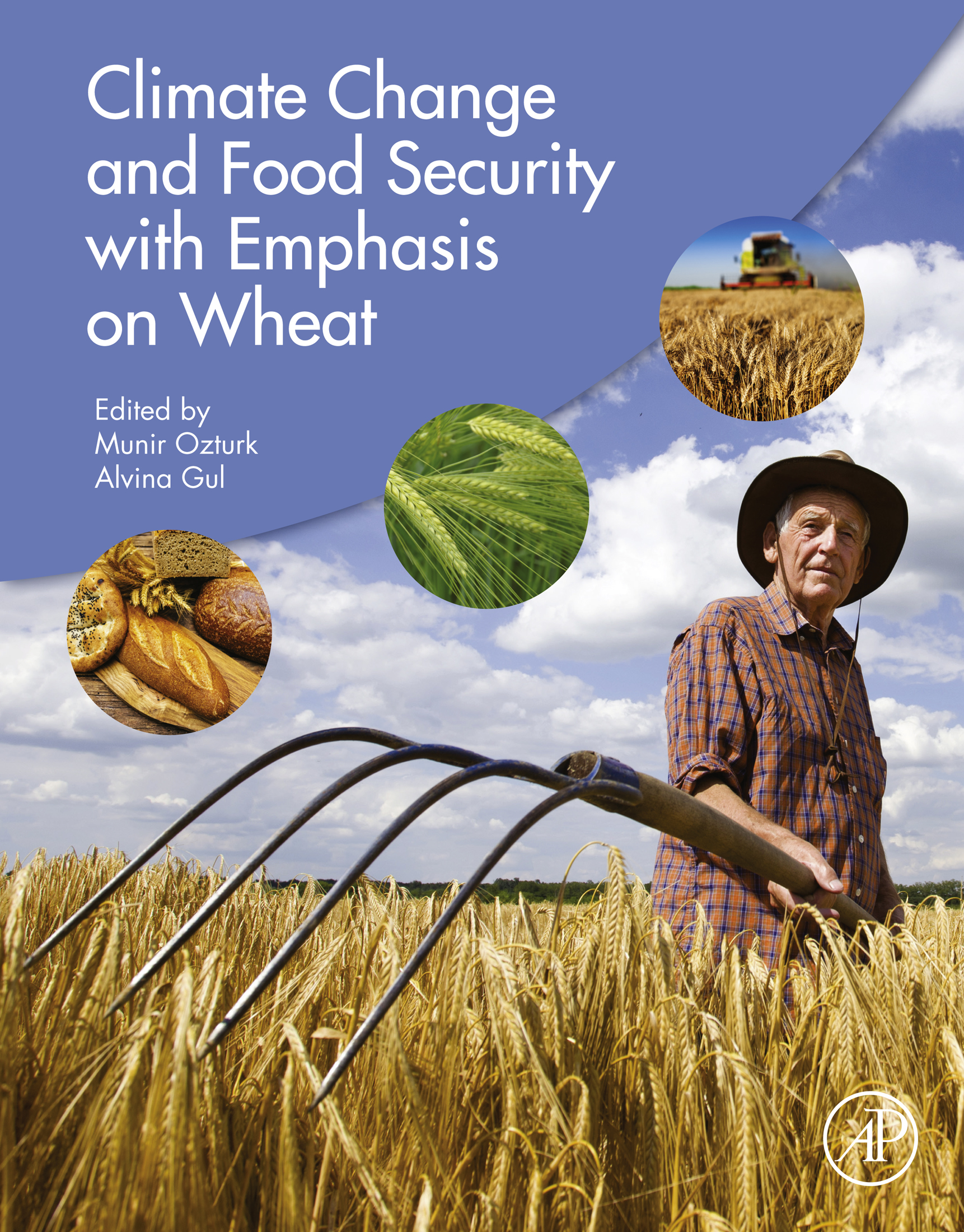



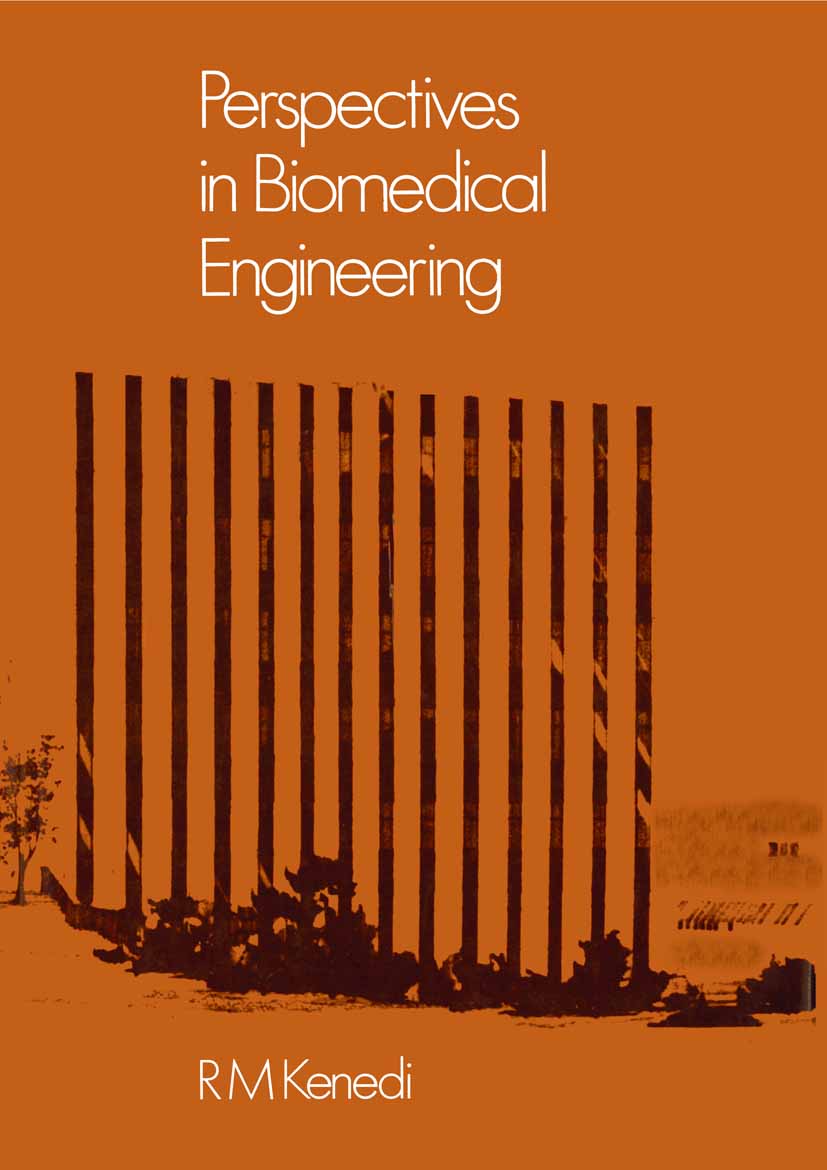

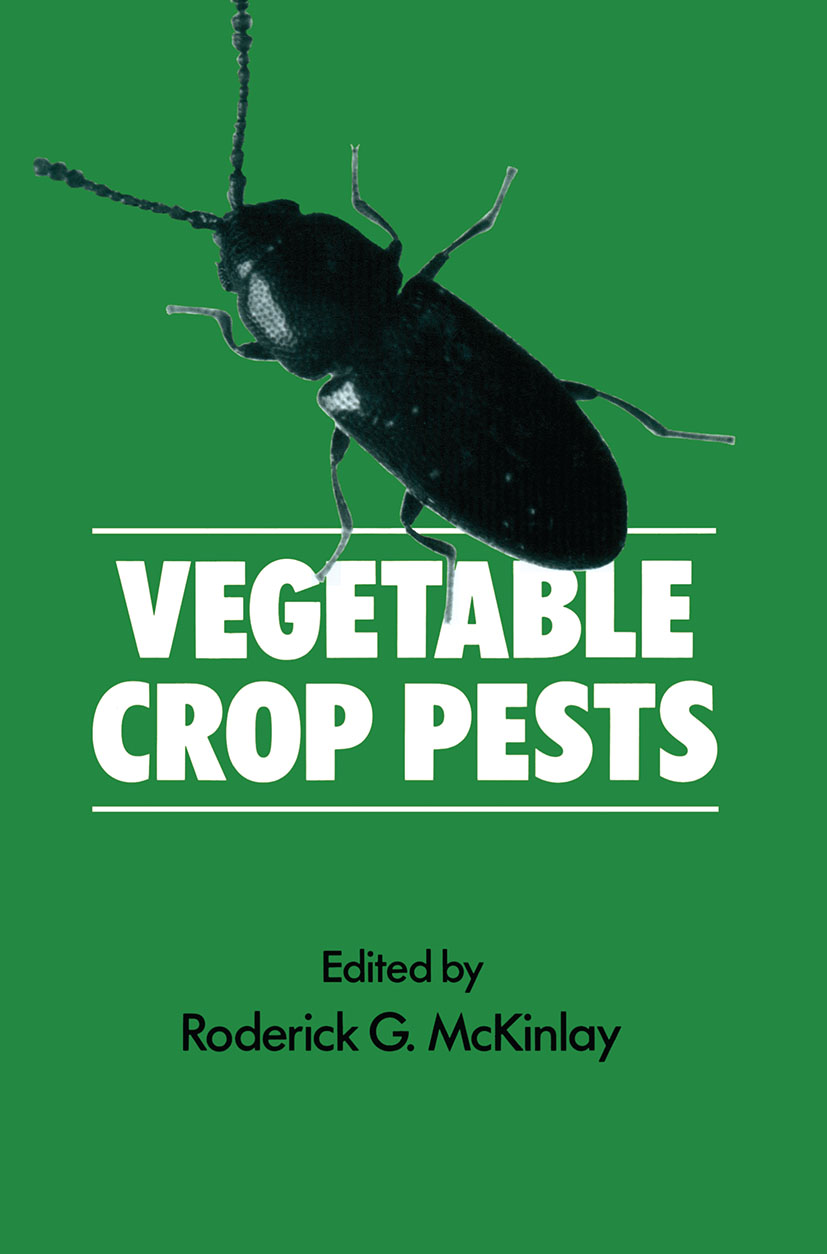

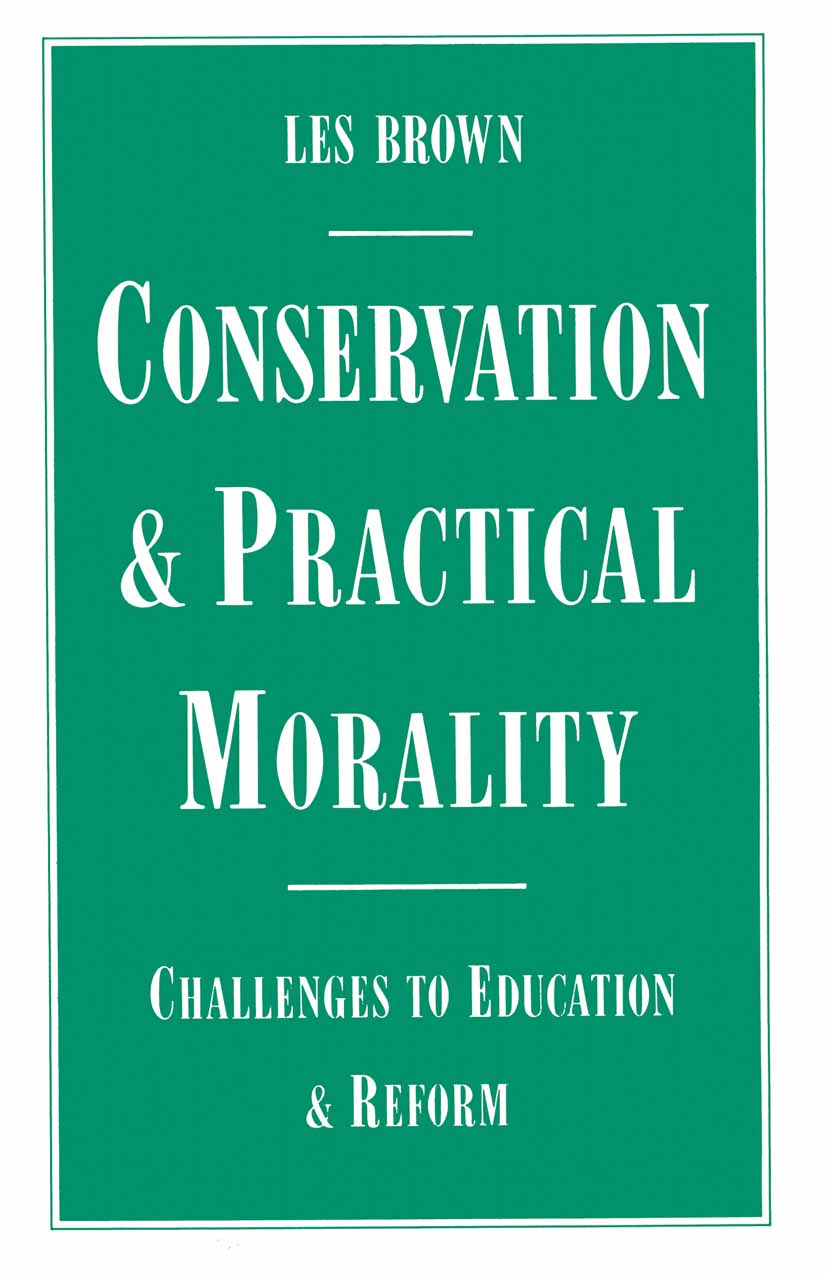

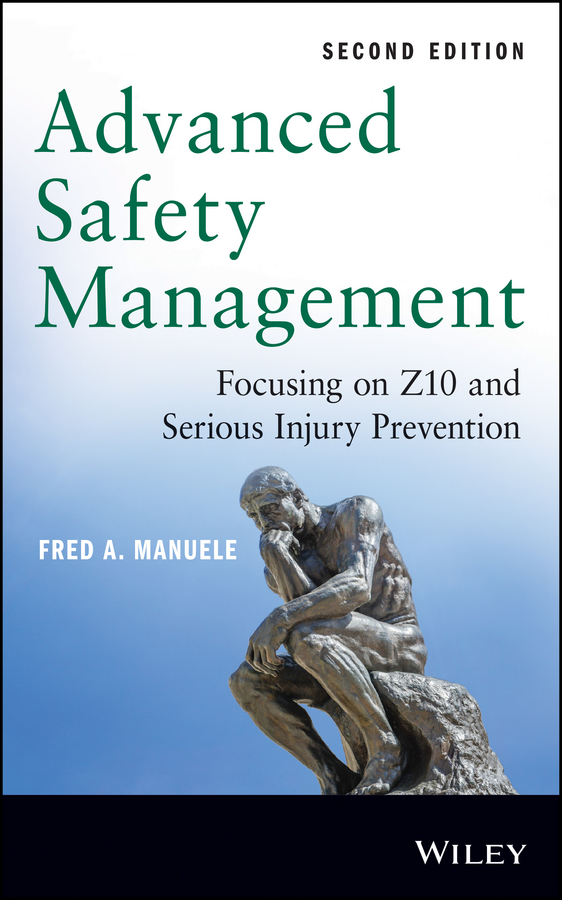




.jpg)





